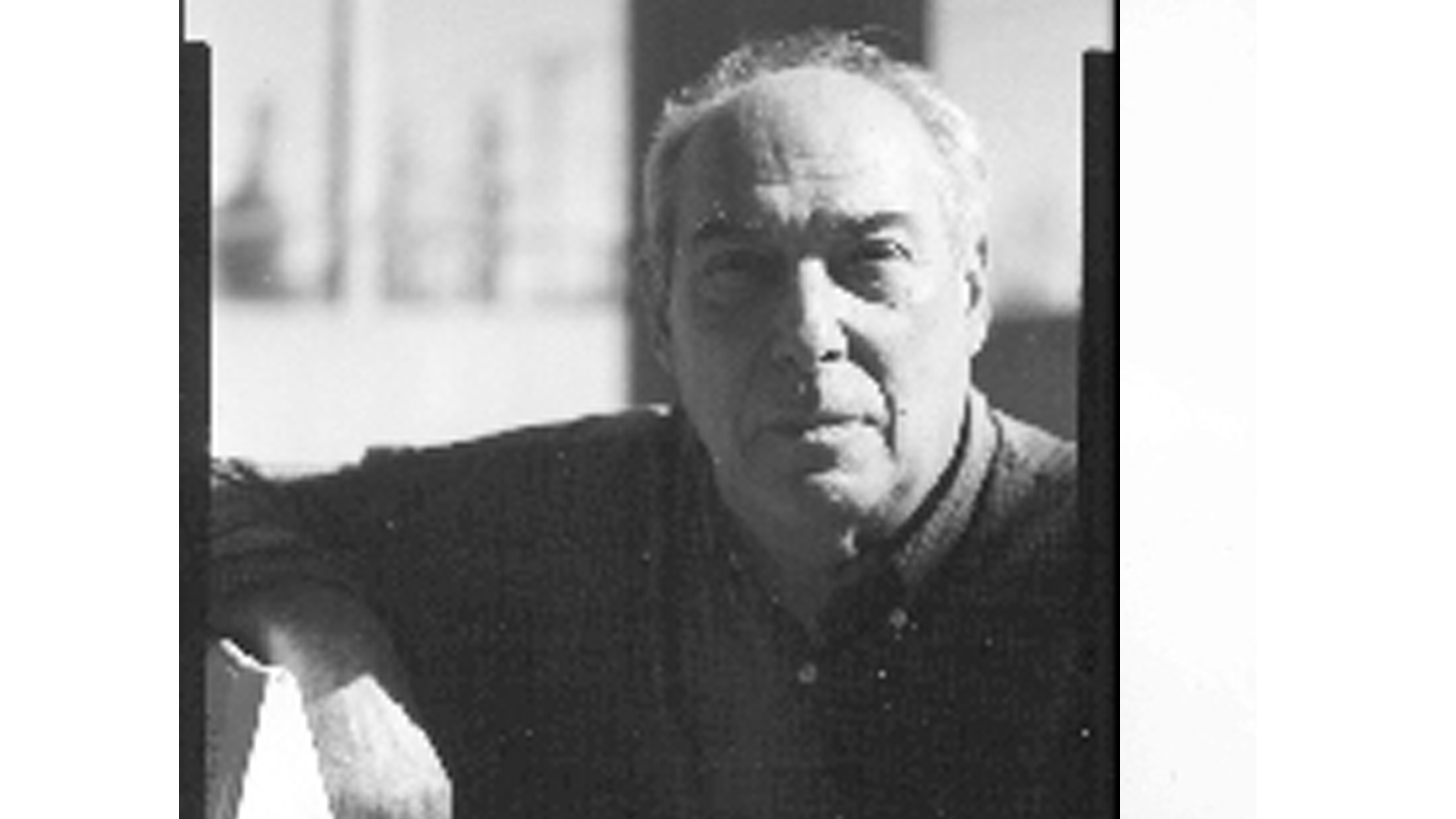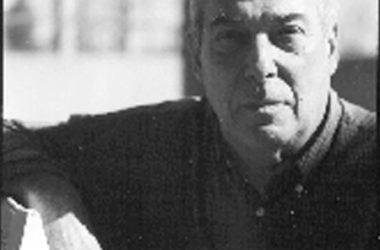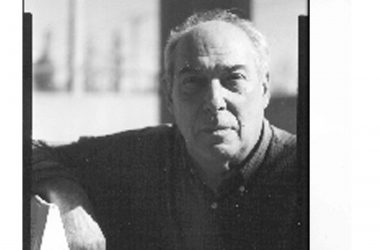On what basis could Jews around the world constitute a single people? Religious? No one would claim that today all Roman Catholics are one people. Of course many individuals who do not subscribe to the Judaic religion nevertheless identify as Jews. Leaving religion out, then, do all those persons around the world who think of themselves or are thought of by others as Jews constitute a single people? Let us grant that there exist French Jews, American Jews, etc. and that they include others besides believers. By no means does it follow that they constitute a single people. For that to be the case they would have not only to call themselves one but act in such a way that their Jewish identity was more important in determining their behavior than other identities they held.
Not since the days of the Hebrew tribes in Canaan have Jews ever met that standard.
One widely accepted view sees Jews as a people held together through exile and persecution from Biblical times to the present by their adherence to a common creed and the dream of being united some day in Jerusalem. In recent years there have appeared a number of revisionist historical studies challenging that notion.[1] These works show that between the deportation of the Hebrew elite to Babylon in the sixth century BCE and the founding of Israel, there was no Jewish History, only histories of various groups of Jews. Especially after the formation of large populations of Hellenized Jews in Roman cities (which began long before the destruction of the temple in Jerusalem), Jews in different countries were isolated from each other and largely unaware of each other’s existence. The so-called great events of Jewish History, for example the Revolt of 66-70 CE or the Bar Kochba Revolt of 132-136 CE, involved only small numbers, and were opposed by or, more significantly, took place without the knowledge of, most Jews in the world.
Scattered Jewish communities remained largely separate and isolated from each other even when, as in medieval Europe or in Ottoman-ruled areas, rabbinical codes, courts, etc. exercised direct authority over their members, with the power to excommunicate, as they did Spinoza.
Jews backed opposing sides in the seventeenth-century wars between England and Holland and in the War of American Independence, fought on (and lent money to) both sides in the Napoleonic Wars and the U.S. Civil War, opposed each other in the Crimean and Franco-Prussian Wars. And what greater indicator could there be of the allegiance of German, English, French, Austrian and Russian Jews between 1914 and 1918 than their willingness to join with their respective gentile countrymen in killing Jews of other countries? Even in World War II, Jews fought on both sides: in a little known but significant episode, Jews were part of the Hungarian army on the eastern front, allied with Hitler.[2] For more than two thousand years, Jews did not act as a single people, and “Next Year in Jerusalem” signified no more than Muslims facing toward Mecca to pray or the name “Roman” for Roman Catholics.
It has become commonplace to assert that the nation is an imagined community. By itself the lack of truth in Judaic myth—Exodus, Joshua, the Kingdoms of David and Solomon, and the rest of it—is no more important than the lack of truth in the tale of Romulus and Remus. The difference is that Italy developed as a nation out of a long history—facts on the ground, one might say, however much those facts were the result of political choices, border disputes and conquest—whereas the “Jewish People” was conjured up out of smoke and mirrors. An imagined community is not the same as a fantastic community.
Idealist historians saw Jews surviving as a people because of their adherence to a common faith. Marx broke with the theological formulation of the question. He wrote, “Judaism continues to exist not in spite of history, but owing to history.” “Let us not look for the secret of the Jew in his religion, but let us look for the secret of his religion in the real Jew. What is the secular basis of Judaism? Practical need, self-interest. What is the worldly religion of the Jew? Huckstering. What is his worldly God? Money.”
Developing Marx’s idea, Abram Leon[3] argued that the specialization of European Jews in commerce and related occupations in non-commercial societies made them into a “people-class.” They can be compared to similar groups elsewhere, including overseas Chinese in southeast Asia, Gujarati Indians in East Africa and Turks and Lebanese in the Caribbean.
By the sixteenth century Jews had begun appearing in large numbers in eastern Europe.[4] There they developed a common language, Yiddish, and a common culture. This reality found its political expression at the turn of the twentieth century in the General Union of Workers of Russia, Poland and Lithuania, known as “The Bund.” Influenced, like the Zionists, by nineteenth-century nationalism, the Bund claimed within the Russian Social-Democratic Labor Party the exclusive right to organize Yiddish speakers in the territory ruled by the Tsar of all the Russias. Lenin called them “Zionists with seasickness.” The difference between the nation as asserted by the Bund and Leon’s “people-class” was the absence of a peasantry, the bedrock upon which nations developed.
Americans get their vision of European Jewish life from Fiddler on the Roof. The town of Anatevka and Tevye the Milkman were artistic creations of Sholem Aleichem. In neither his stories nor the Broadway musical were there Jewish peasants. Their absence reflects the reality of eastern Europe, where there were Jewish capitalists and merchants and tax farmers and even Jewish proletarians (mainly in industries linked to commerce such as jewelry and furs) but no Jewish peasants. Milkmen, butchers, matchmakers, students, rabbis, innkeepers and the others who people the world of Fiddler on the Roof do not by themselves constitute an economy, and cannot make a nation. But even if the dispute between Leon’s people-class and the Bund’s nation-without-peasants is set aside, and the definition of a nation is broadened to reflect conditions in eastern Europe, it has little meaning in western Europe, or in Italy, Greece, Iraq, Anatolia, Yemen and everywhere else Jews existed.
Jews there have been, and communities of Jews, but few took seriously the existence of a Jewish people—until 1948.
Send comments to [email protected]. Indicate if they are intended for publication.



